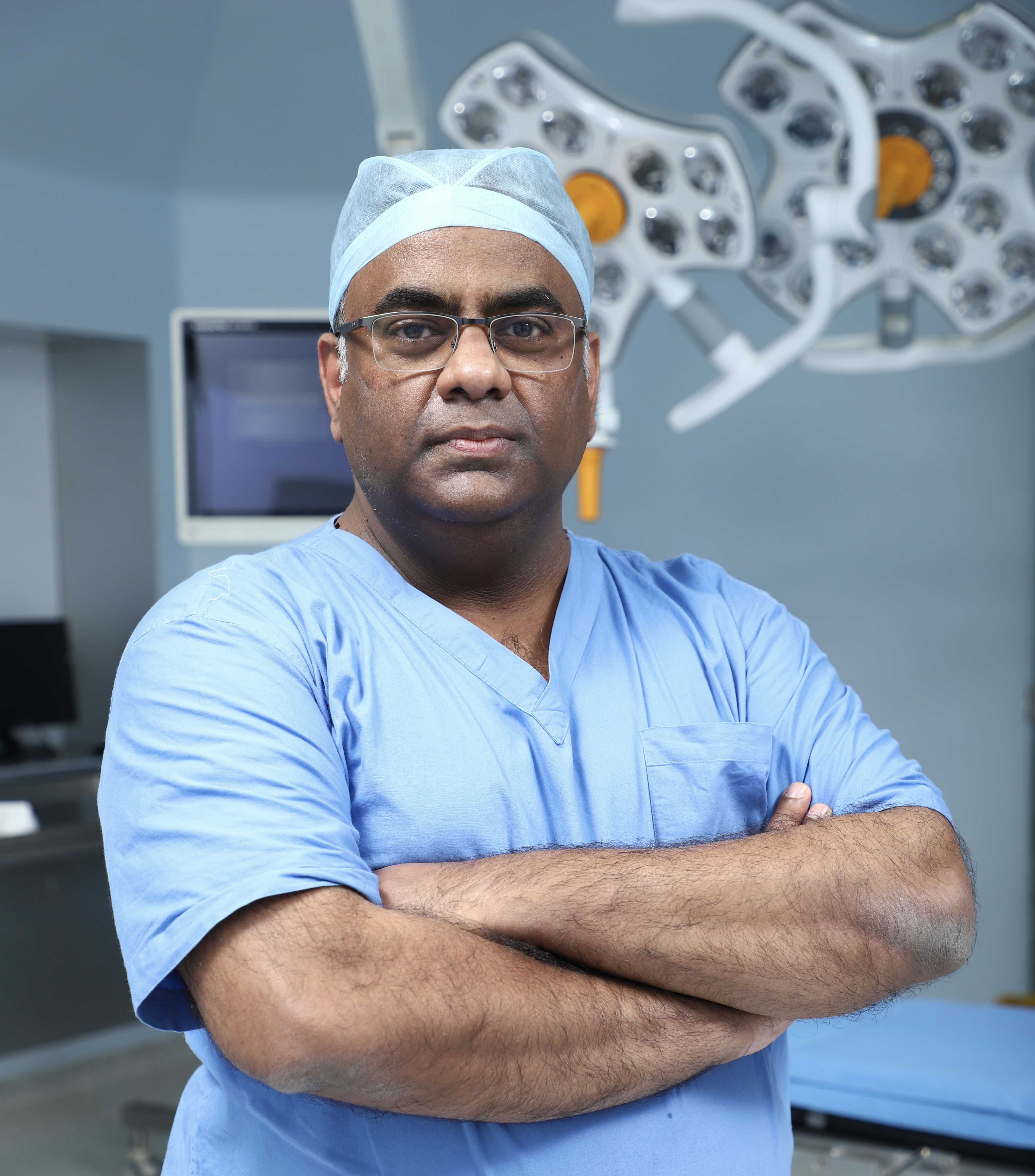When it comes to respiratory health, two key specialists often come up in discussions: pulmonologists and thoracic surgeons. Both play crucial roles in diagnosing and treating lung and chest-related conditions, but their specialties, training, and treatment approaches differ. Understanding these differences can help patients make informed decisions when seeking medical care for respiratory issues.
In this blog, we will explore the distinct roles of pulmonologists and thoracic surgeons, comparing their responsibilities, treatment methods, and the conditions they manage.
Contents
What is a Pulmonologist?
A pulmonologist is a medical doctor who specializes in the diagnosis, treatment, and prevention of respiratory diseases and disorders. Pulmonologists are experts in the lungs and the entire respiratory system, which includes the airways, alveoli (tiny air sacs), pleura (lining around the lungs), and diaphragm.
Key Responsibilities of Pulmonologists:
- Diagnosis of Respiratory Conditions: Pulmonologists diagnose conditions like asthma, chronic obstructive pulmonary disease (COPD), pneumonia, bronchitis, pulmonary fibrosis, and sleep apnea. They often use diagnostic tools like chest X-rays, CT scans, pulmonary function tests (PFTs), and blood tests to evaluate lung function and determine the cause of symptoms.
- Medical Management: Pulmonologists often treat patients with chronic lung diseases by managing symptoms with medications such as bronchodilators, steroids, and antibiotics. They may also provide oxygen therapy for patients with respiratory failure or help manage issues like difficulty breathing through ventilators.
- Prevention and Lifestyle Guidance: Pulmonologists educate patients on avoiding respiratory triggers (e.g., smoking cessation for COPD or asthma) and managing long-term lung health. They guide proper medication use, offer advice on maintaining a healthy lifestyle, and recommend lifestyle changes like quitting smoking or improving air quality at home.
- Non-Surgical Treatment: Pulmonologists focus on non-invasive treatments and are often the first point of contact for people experiencing lung-related symptoms. They may prescribe inhalers, nebulizers, or other medical treatments but typically do not perform surgeries.
Conditions Treated by Pulmonologists:
- Asthma
- COPD
- Bronchitis
- Pulmonary hypertension
- Tuberculosis
- Sleep apnea
- Interstitial lung disease
- Pulmonary embolism (blood clots in the lungs)
What is a Thoracic Surgeon?
A thoracic surgeon is a medical doctor who specializes in surgery of the chest, specifically the lungs, esophagus, heart, and other organs in the chest cavity. Thoracic surgeons are highly trained in performing surgical procedures for conditions that cannot be treated with medication alone. They are experts in both surgical techniques and the complexities of thoracic anatomy.














 +91-9818045855
+91-9818045855
